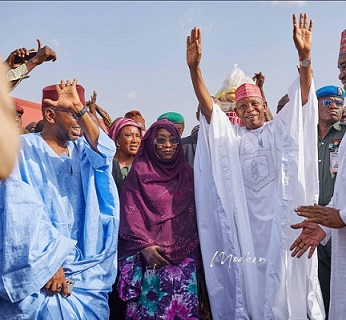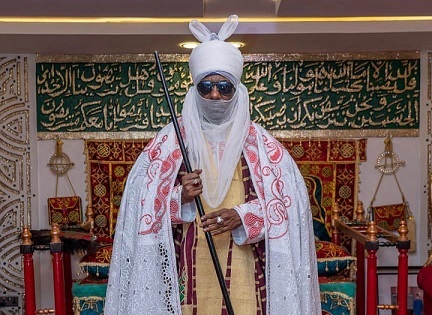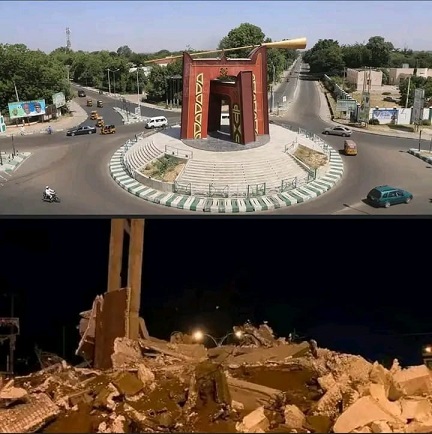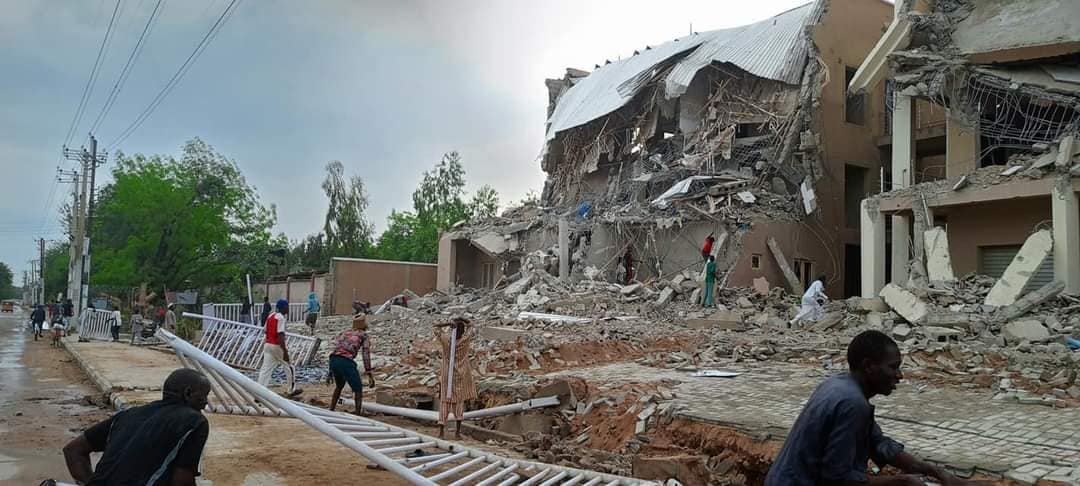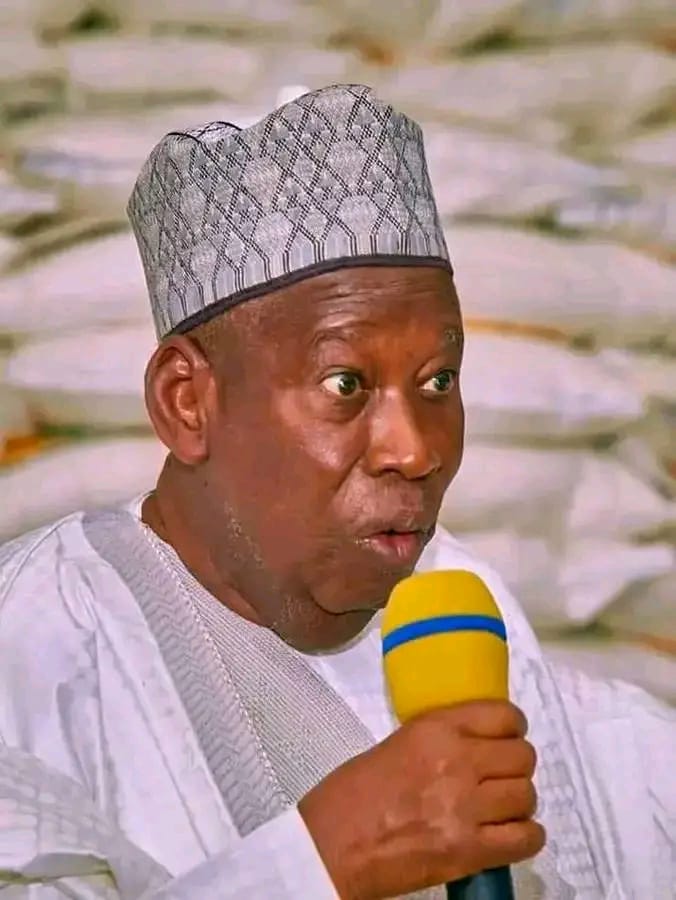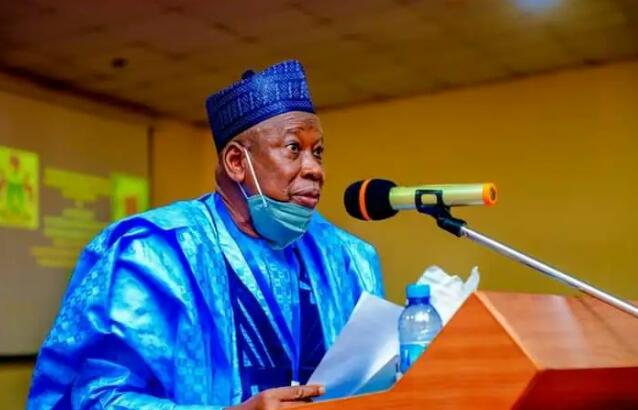Gov. Yusuf meets designer of demolished Golden Jubilee roundabout, vows to rebuild it
By Uzair Adam Imam The Kano State Governor, Abba Kabir Yusuf, has met with the designer of the demolished Kano Golden Jubilee Edifice of the Government House Roundabout. The governor…
